‘Turning mines into vines in Vietnam’, photo book on post-war consequence recovery
(VNF) - Victims of leftover bombs in the central province of Quang Tri and support from the U.S.’s non-governmental organisation, Roots of Peace (ROP), are depicted in a pictorial book which was launched by the Vietnam Union of Friendship Organisations (VUFO) and the ROP in Hanoi on April 24th.
 |
 |
The photo book “Turning mines into vines in Vietnam”. (Photos: TL)
Awakening people's consciousness about the horrors of landmines
The book, entitled “Turning mines into vines in Vietnam”, gathers local journalist Phan Tan Lam’s stories and photos of unlucky people who suffered loss of a part of their bodies caused by post-war bombs and mines.
Being a jourist from the land of Quang Tri - a formerly war-torn province, Phan Tan Lam met many unfortunate people who suffered loss of a part of their bodies caused by post-war bombs and mines. He was fortunate to meet ROP, an U.S. non-governmental organisation that is working to help Quang Tri ‘turn land mines into vines’. ROP has helped Phan Tan Lam to record the lives of many victims in order to publish this photo book with the desire to contribute to awakening people's consciousness about the the dangers of unexploded landmines and sharing love.
As in the opening words of the book, Phan Tan Lam writes: "With this book, it could be the" fisherman's dream" of a man who lost a leg on an afternoon at the seaside; the footsteps of a young man to visit the grave of his two younger siblings; a father’s fear for his children’s future and a husband’s anxiety, although hard work but the salary is only half compared to people with two hands; the thought of a 73-year-old man with more than 30 years scavenging for scrap metal. "I'm old now, so I just work a few kilometers away from home, because if something happens to me, my wife and children would know where to find me ... ". It's also the story of an unsuccessful wedding and the desire for happiness of a man who lost two legs and one hand, etc. And said a person has lived more than 40 years on false legs: "No matter what life takes away, every human being still want to hold on to their lives"...".
"Turning Mines to Vines in Vietnam" gives viewers a better view of the lives and thoughts of bomb and mine survivors in Quang Tri.
The book also convey many images, information about the efforts, support of ROP in supporting the community, especially those suffered landmine/UXO accidents. ROP always strives to connect, support many communities to sprout happily in the fields that used to be the old battlefield. Roots of Peace’s activities, helping the province reduce poverty, agricultural activities and clear unexploded ordnances, has been appreciated by Quang Tri people.
 |
Deputy Director General of the People’s Aid Coordinating Committee Pham Anh Dao.
At the launching ceremony, Deputy Director General of the People’s Aid Coordinating Committee under the VUFO Pham Anh Dao highlighted that the book will create opportunity for the public to have deeper understanding about efforts made by the VUFO and foreign non-governmental organisations in alleviating poverty, developing socio-economy and recovering post-war consequences.
The bridge connects UXO victims with kind-hearted donors
 |
ROP Founder and CEO, Heidi Thomas Kühn.
ROP Founder and CEO, Heidi Thomas Kühn said that her organisation is joining hands with the Mines Advisory Group (MAG) in the UK to mobilise USD 20 million (from from to Earth Day in 2020) to aid mine and bomb clearance in Quang Tri province as well as improve livelihood for local people. In the future, ROP hopes to clear all landmines and UXO in 23 remaining provinces in Vietnam.
The book will serve as an effective channel to mobilise fund for the assistance, she stressed.
Appreciating ROP's efforts, Pham Anh Dao said, "In recent years, there have been nearly 10 tons of bombs, 4 million landmines and 8 million explosives safely destroyed and about 10 per cent of contaminated area cleared. In addition to the tireless efforts of functional units under the Ministry of National Defense and the localities, it is not impossible to mention the practical support from the international community, especially is from foreign non-governmental organisations. In addition to the financial value, the support of foreign NGOs also contributes significantly to capacity building, the transfer of technology and experience to UXO clearance units, comprehensive care for bomb and mine victims, rehabilitation and development of livelihoods in contaminated areas."
 |
Frank Yi presents one million Chinese yuan (USD 150,000) to support the organisation's activities in Quang Tri.
Also at the launch ceremony, 84-year-old Frank Yi, from Shanghai (China) presented ROP one million yuan (USD 150,000) to support the organisation's activities in Quang Tri.
ROP helps some of the world’s most vulnerable local economies to recover after conflicts. It supports inpiduals and communities to revitalise businesses and livelihoods by facilitating the removal of remnants of war, providing access to resources, building local capacity and creating market linkages
ROP began its operation in Vietnam in 2010. Since then, the organisation have provided support for farmers in Quang Binh, Thua Thien-Hue, Quang Nam and Quang Tri provinces with techniques to cultivate industrial crops which are suitable with local soil. It has taught local farmers how to apply advanced technology into plantation and post-harvest preservation while helping them find markets for their products.
The organisation has presented artificial legs and arms for people with disabilities in the country./.
Translated by Chau Pham
Recommended
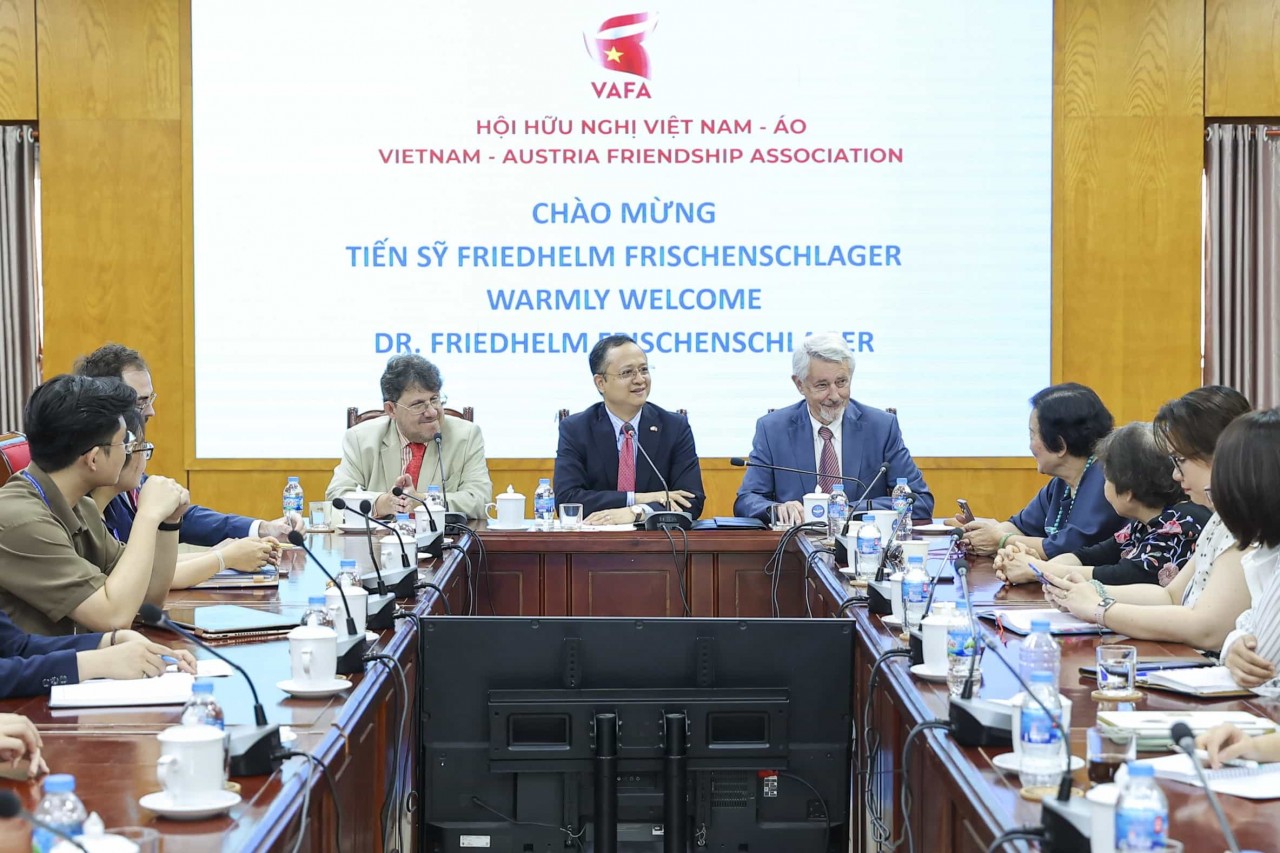 Focus
Focus
Vietnam-Austria Relations: Unlocking the Potential for Cooperation in Key Areas
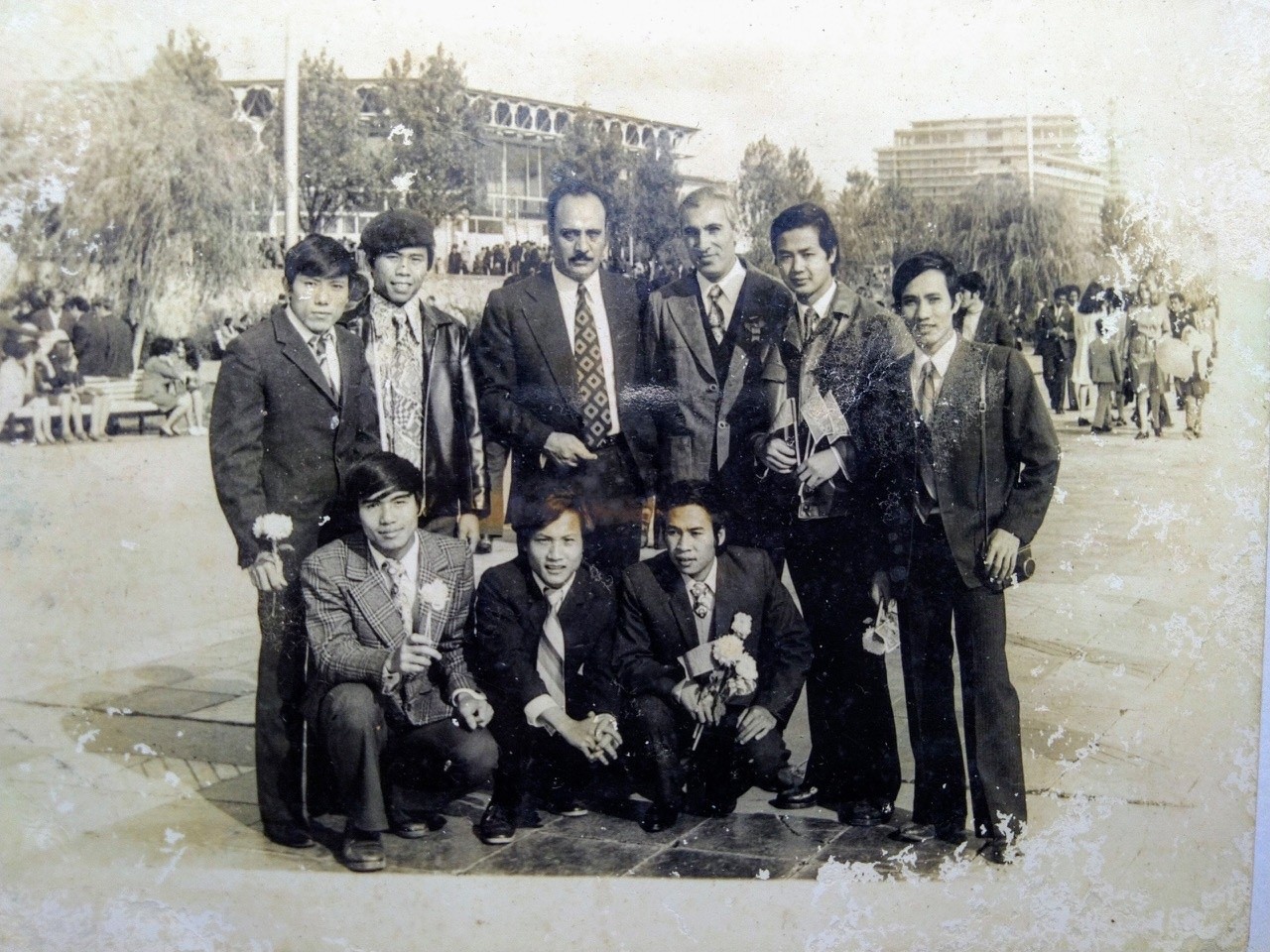 Friendship
Friendship
Vietnam - Azerbaijan: Cherished Memories Should Be Carried Forward with New Achievements
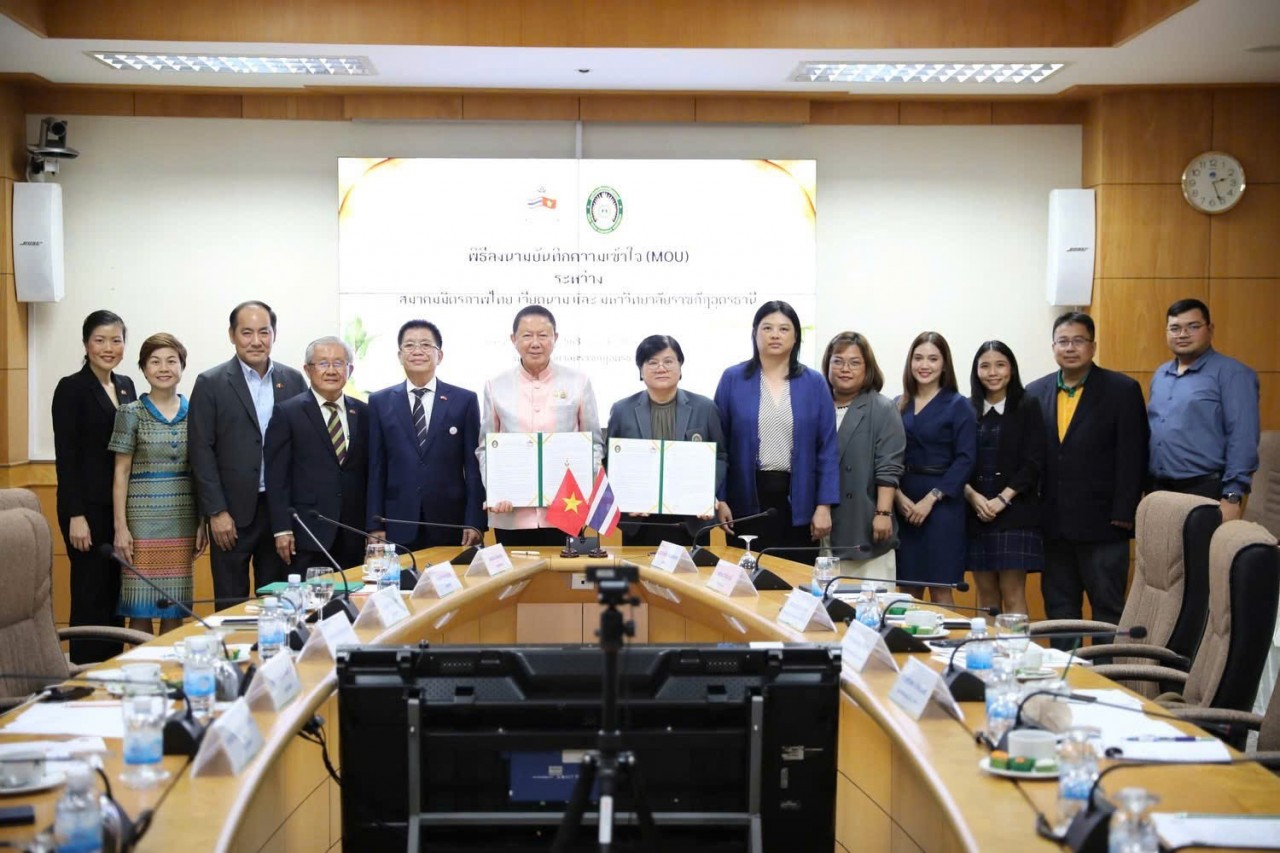 Friendship
Friendship
Center for Vietnamese Studies, Thailand-Vietnam Friendship Association Collaborate on Language Training
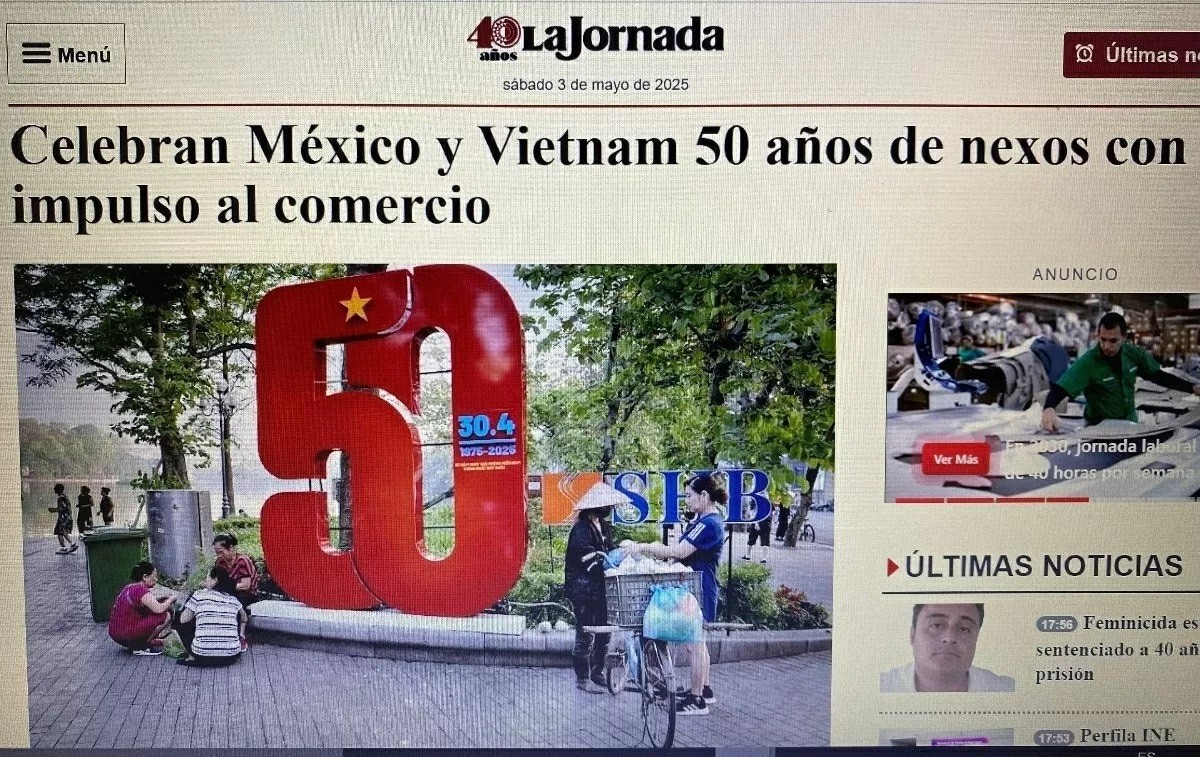 Friendship
Friendship
50 Years of Mexico-Vietnam Diplomatic Relations: Continuous Flourish in All Fields
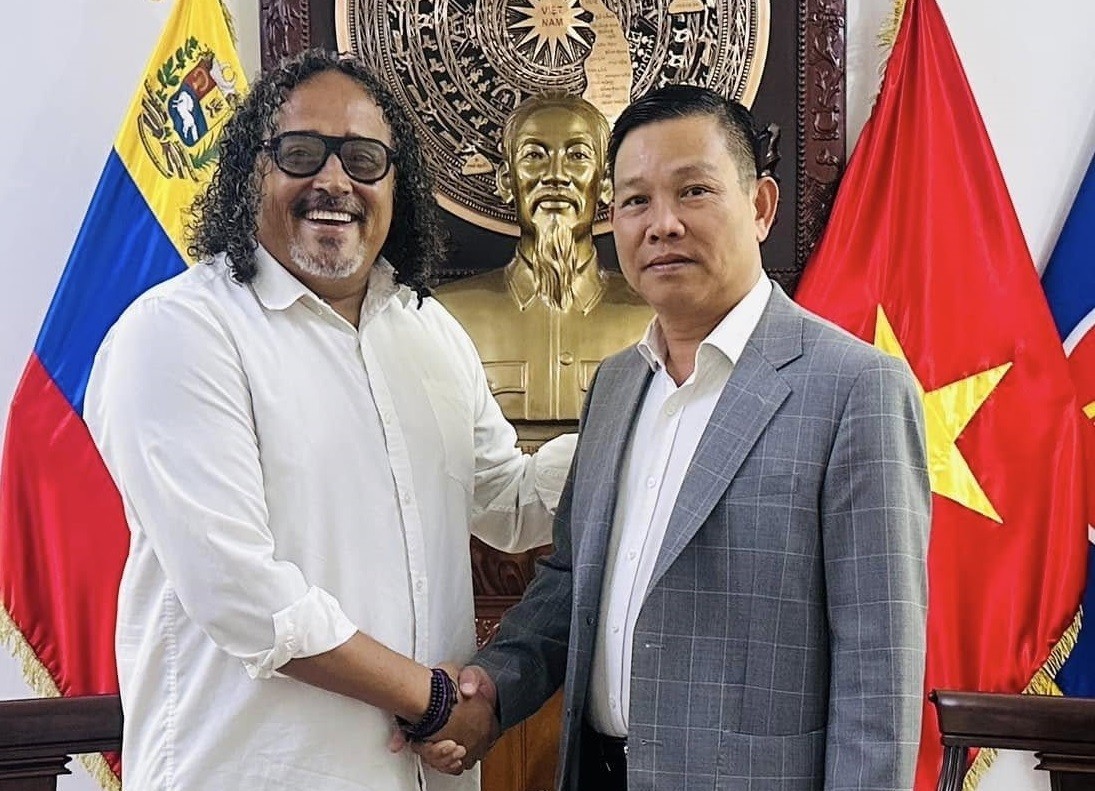 Friendship
Friendship
Venezuelan Artists Commemorate President Ho Chi Minh through Revolution Music
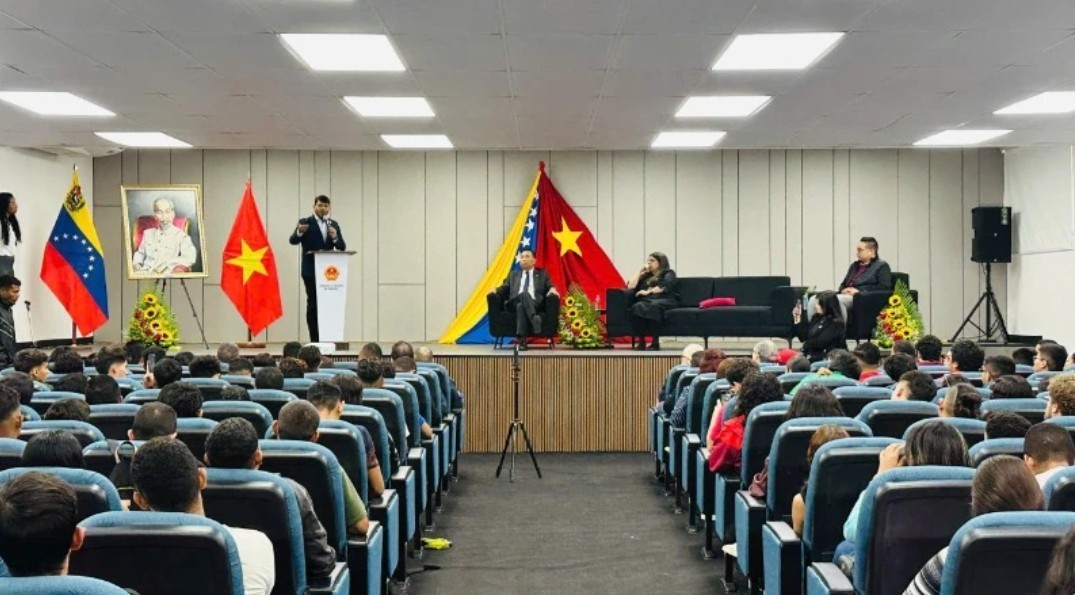 Friendship
Friendship
Vietnam's April 30 Victory Celebrated in Venezuela
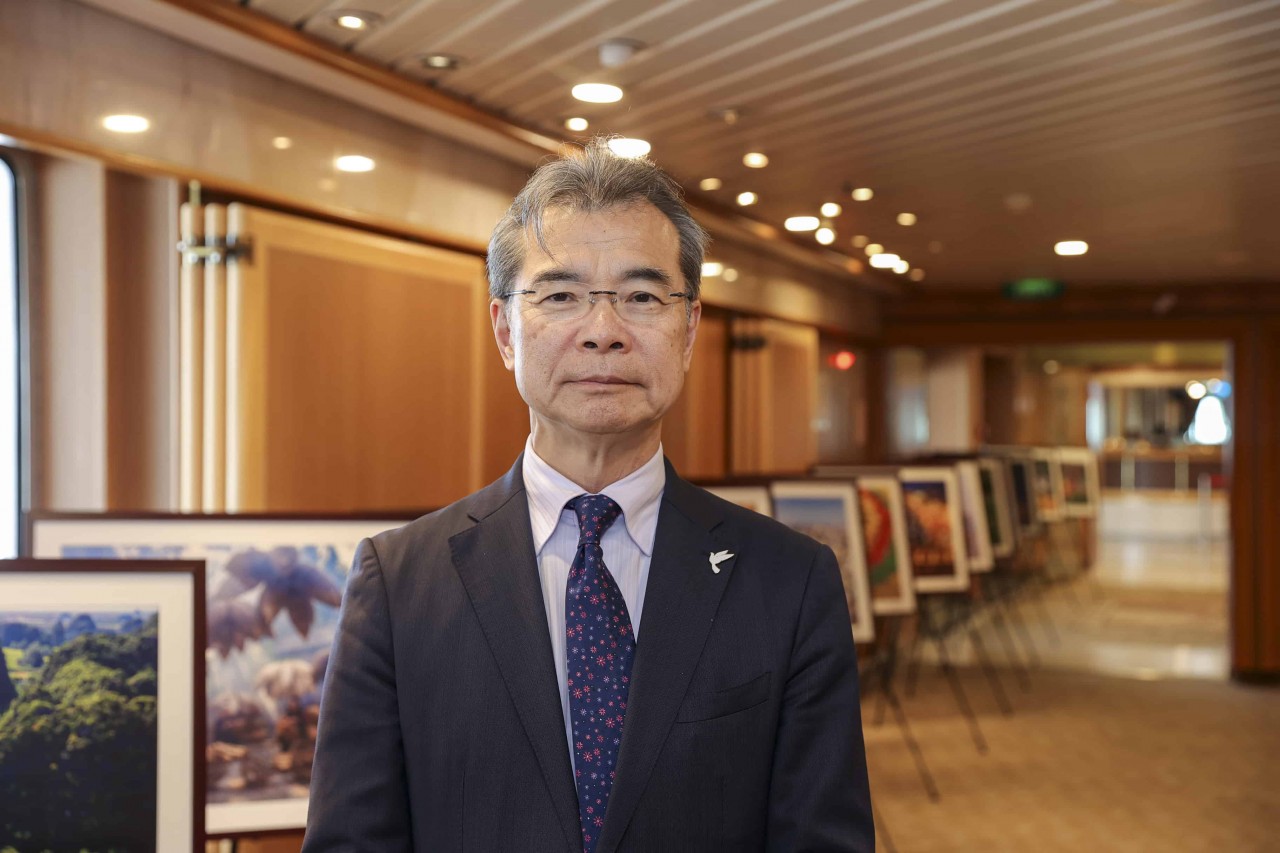 Friendship
Friendship
Vietnam’s History: Precious Legacy of Peace
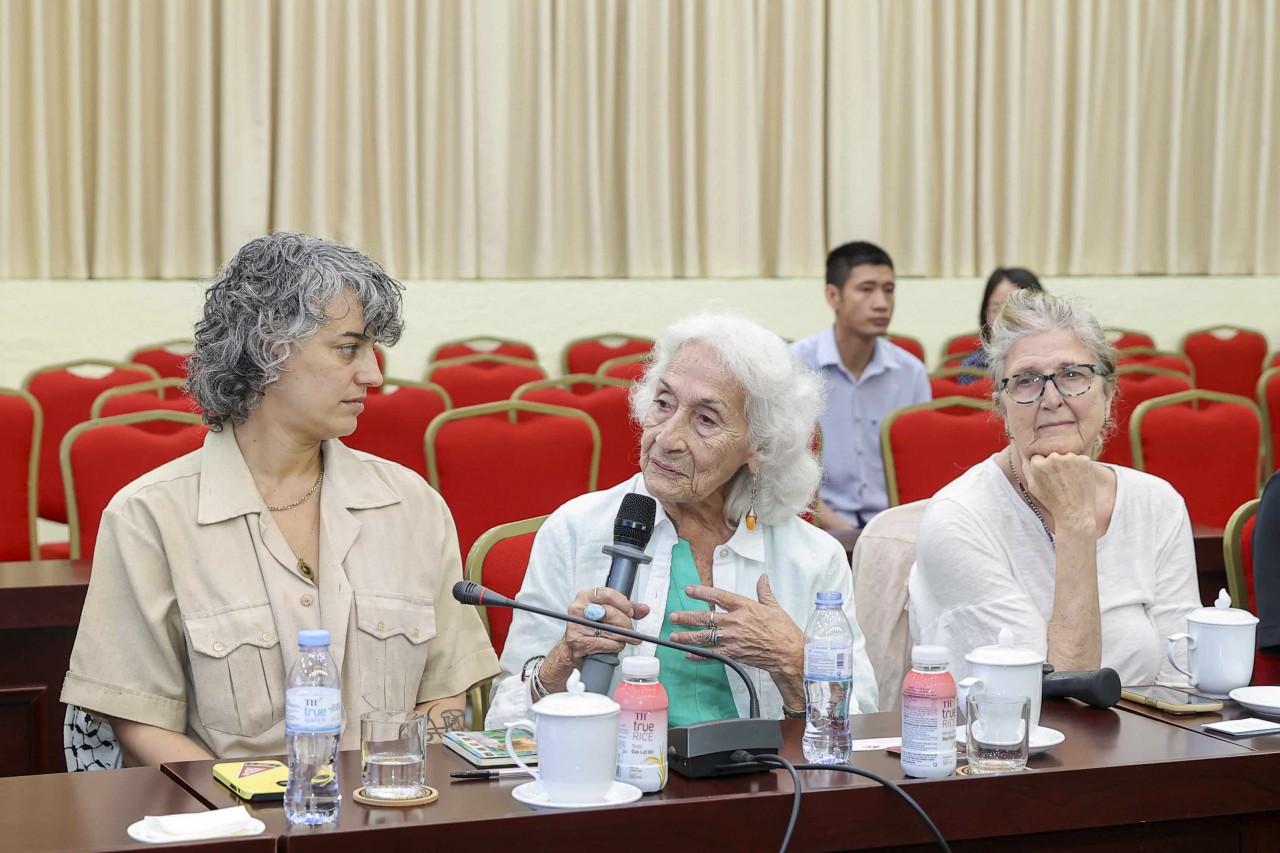 Friendship
Friendship
